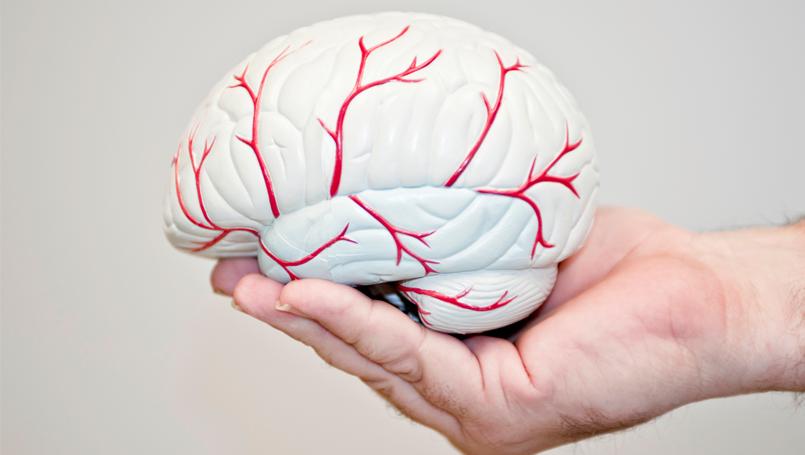Importance of Gynecologists in Women’s Health
When it comes to gynecological health, most women assume that if they have monthly menstruation and no bad symptoms, they are in good health. Although this is correct, there are several reasons why you should not skip your OB/GYN’s yearly appointment. OB/GYN is focused on conditions impacting women’s reproductive organs, such as pregnancy, delivery, menstruation, hormonal abnormalities, and sexually transmitted diseases. If you want to obtain your OB/GYN treatment from someone who knows the complexity of female reproduction, you may turn to the professionals at DeNovo Health care, which beliefs in OB/GYN care for women, by women. Dr. Aditi Ambekar is the Best Gynecology Doctor In Shivaji Nagar, Pune.
Schedule a General Health Checkup to Gain an Understanding
When you visit your gynecologist when you’re in good health condition, you can establish a relationship with their staff, get guidance on a variety of healthcare and lifestyle management topics, and have any questions or concerns addressed. Once you’re healthy, periodic visits provide you and the team with an understanding of your general health and vital signs.
Early Detection of Reproductive Issues
Several women ignore symptoms such as irregular periods or the development of facial hair and refuse to seek treatment. Infertility is a possibility among women. Such complications include uterine polyps, fibroids, and endometriosis. You should consult an OB/GYN even if you have a normal menstrual cycle and no pelvic discomfort. An annual test is advised to ensure your future health and fertility. Some women often postpone seeking treatment for problems that could be resolved. Make an appointment with a gynecology clinic if it has been more than 12 months since your previous visit.
Hormone-Related Disorders!
Even if you’re certain that your hot flashes are caused by premature menopause or that your growing facial hair is a result of heredity, it’s always a smart move to double-check. Your OB/GYN can do a simple hormone test utilizing blood test results to check your hormones are at the proper levels; if they’re not, understanding why and fixing the issue are crucial to your bone density, fertility, energy levels, and overall well-being.
Take Charge of Your Reproductive Health!
Everyone wishes to start a family and become a parent at some time in their lives. Yet, everyone has different objectives. Some prefer to wait until they are 23, 25, or even in their early 30s before attempting to conceive. To achieve your objectives, you must seek the assistance of an OB/GYN. A qualified professional will recommend the best birth control method for your lifestyle and health needs. If you want to start a family soon, an expert can help you prepare your body for conceiving and having a healthy pregnancy. Experts evaluate you for any issues that might make conceiving more difficult and can provide infertility therapy and counseling.
Mental Wellbeing!
Hormonal fluctuations impact a number of women, resulting in difficult personal life and mental discomfort. During these incidents, the woman must have someone with whom she can openly communicate and who can assist her in resolving the medical issues so that she can gain back control of her life.
Conclusion
Gynecologists are crucial in a woman’s life for a variety of reasons. As a result, choosing the best gynecologist is important. The sooner you begin visiting an OB/GYN, the higher your chances of receiving a diagnosis and life-changing advice. It is also advisable to see a specialist once a year for a yearly check-up, which allows you to deal with difficulties at an initial stage, enabling you to live a healthy life.


